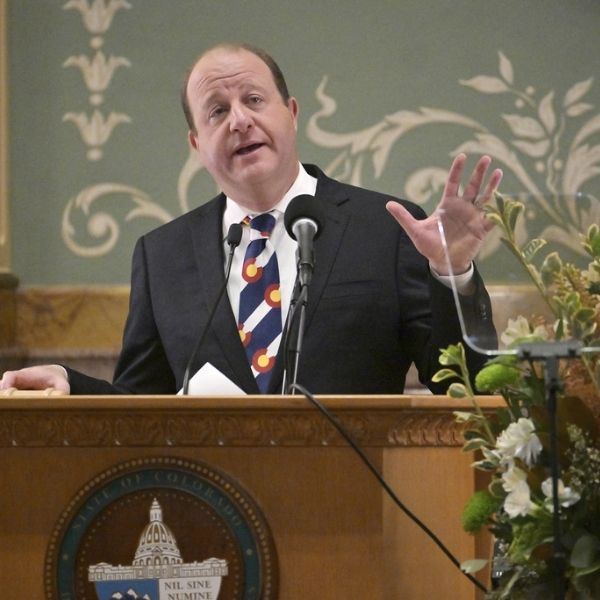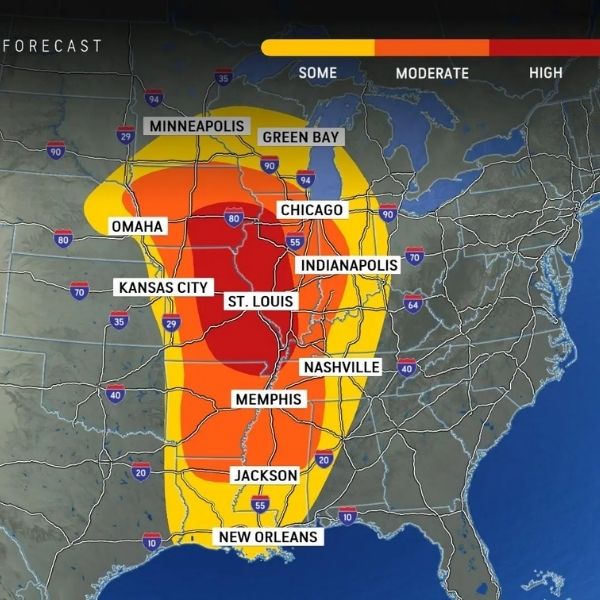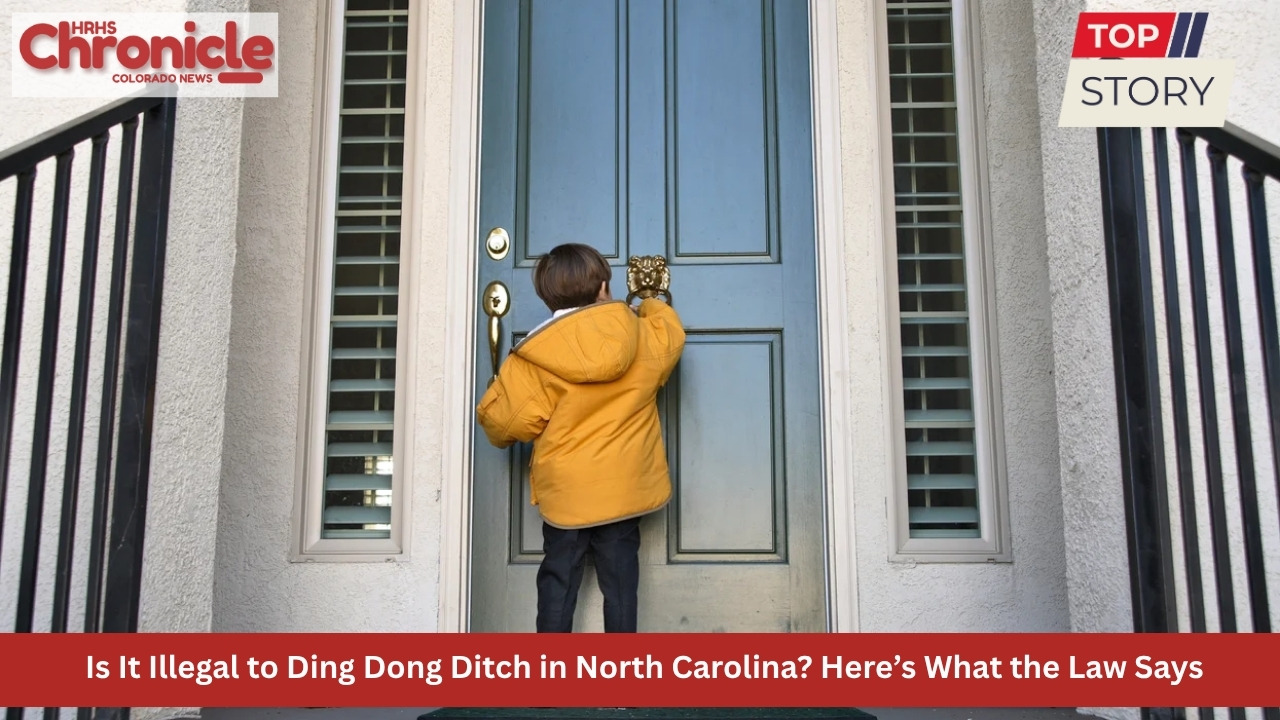DENVER — With Colorado bracing for a $1.2 billion revenue shortfall, Gov. Jared Polis is set to make a “major announcement” Wednesday morning as state leaders scramble to respond to the financial blow from recent federal tax and spending legislation.
State officials confirmed that the GOP-backed federal tax changes are driving the shortfall, with about $783 million of the deficit directly impacting the state’s 2025 fiscal budget, which began July 1.
Budget Crisis Sparks Calls for Action
The revised figures were presented Tuesday by the Office of State Planning and Budgeting (OSPB) to the Joint Budget Committee (JBC). Initially, the shortfall was pegged at $950 million, but updated projections show a slightly lower—yet still severe—gap.
“This bill shifts significant costs to states,” said Mark Ferrandino, OSPB’s executive director. Colorado is especially vulnerable because it automatically adopts most federal tax code changes, unlike many other states that base taxes on adjusted gross income.
JBC Pushes for Transparency and Shared Decisions
Lawmakers are urging the governor to act collaboratively.
“What I’m hearing… is that I want the governor to be making these cuts… in consultation with us as the Joint Budget Committee and with the Legislature more broadly,” said JBC Chair Jeff Bridges (D-Cherry Hills).
The JBC, made up of bipartisan legislators, writes the state’s budget. Members voiced concerns about the sweeping powers the governor holds during a fiscal emergency and are considering legislative reforms to place clearer limits and communication protocols around such authority.
Current Law Gives Polis Broad Leeway
Under current Colorado law:
-
If the General Fund reserve drops below half its set amount, the governor must present a recovery plan to lawmakers.
-
A broader statute allows the governor to suspend or discontinue services if revenue falls short of covering the functions of government, though it’s vague on how or when this should be applied.
Using that authority, a governor can issue an executive order to cut spending for a three-month period. A precedent was set in 2002 when Gov. Bill Owens imposed a state hiring freeze under this rule.
Lawmakers Eye Tighter Controls
JBC staff proposed lowering the trigger threshold for mandatory action from a 50% reserve reduction to a more responsive 2%–3% drop in General Fund appropriations. They also recommended requiring the governor to notify the Legislature ahead of issuing executive orders under the emergency statute.
“The JBC and General Assembly would be guaranteed to receive a plan for cuts and potentially have the opportunity to discuss them with the Governor before they are implemented,” said Amanda Bickel, JBC staff member.
Will There Be a Special Session?
While rumors of a special session are swirling, Gov. Polis has not formally called one. If he does, it could give lawmakers a chance to push immediate changes. Otherwise, any legislation will likely wait until the next regular session in January.
House Speaker Julie McCluskie (D-Dillon) called the situation heartbreaking.
“Now is the moment for us to be creative, imaginative — to think differently… with what we do with health care and spending in the state,” she said.
Stay tuned for Gov. Polis’s announcement, expected to offer more clarity on how the state plans to navigate this unfolding fiscal crisis.
This article has been carefully fact-checked by our editorial team to ensure accuracy and eliminate any misleading information. We are committed to maintaining the highest standards of integrity in our content.

Katie is a senior who has been on staff for three years. Her favorite type of stories to write is reviews and features. Katie’s favorite ice cream flavor is strawberry.















Leave a Reply